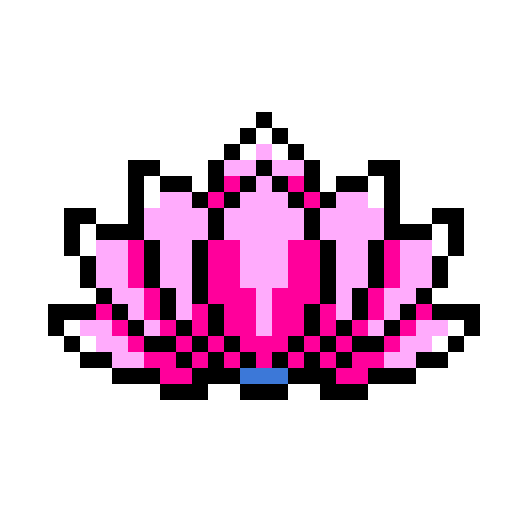
Exfoliators are skincare products designed to remove dead skin cells from the surface of the skin, helping to reveal fresher, smoother, and brighter skin underneath. Exfoliation is a key step in maintaining healthy skin because it promotes cell turnover, unclogs pores, and allows for better absorption of other skincare products.
What Exfoliators Are Used For:
- Removing Dead Skin Cells: Over time, dead skin cells accumulate on the skin’s surface, making it look dull, rough, and uneven. Exfoliation helps clear away these cells, revealing smoother and brighter skin.
- Unclogging Pores: Dead skin, oil, and impurities can get trapped in pores, leading to blackheads, whiteheads, and acne. Exfoliators clear out this buildup, helping to prevent breakouts.
- Improving Skin Texture: Regular exfoliation smooths out rough patches and uneven skin texture, giving the skin a softer feel.
- Brightening Skin Tone: Exfoliators can help reduce the appearance of dark spots, hyperpigmentation, and dullness by sloughing away the surface layer of dead skin, promoting an even, radiant complexion.
- Enhancing Product Absorption: By removing the barrier of dead skin cells, exfoliation allows your skincare products (like serums, moisturizers, and toners) to penetrate the skin more effectively and work better.
- Stimulating Collagen Production: Certain exfoliators (especially chemical ones) can help stimulate collagen production, which is essential for maintaining skin elasticity and reducing the appearance of fine lines and wrinkles.
Types of Exfoliators:
There are two main types of exfoliators: physical and chemical.
1. Physical Exfoliators (Manual Exfoliation)
- What They Are: These exfoliators contain small particles or granules that physically scrub away dead skin cells when massaged onto the skin.
- Examples: Scrubs with ingredients like sugar, crushed walnut shells, coffee grounds, or beads.
- How to Use: Apply to damp skin and gently massage in circular motions, focusing on areas prone to buildup (like the T-zone). Rinse thoroughly with water.
- Pros: Provide an immediate, smooth feeling to the skin.
- Cons: If too harsh, they can cause micro-tears in the skin, especially if used excessively or on sensitive skin.
2. Chemical Exfoliators
- What They Are: These exfoliators use acids or enzymes to dissolve and loosen dead skin cells without the need for physical scrubbing.
- Types of Chemical Exfoliators:
- Alpha Hydroxy Acids (AHAs): Water-soluble acids, such as glycolic acid or lactic acid, that exfoliate the skin’s surface. They are great for dry, sun-damaged, or aging skin and help with fine lines and pigmentation.
- Beta Hydroxy Acids (BHAs): Oil-soluble acids, like salicylic acid, that penetrate deeper into the pores to remove excess oil and clear out blackheads. BHAs are especially effective for oily, acne-prone skin.
- Enzymes: Natural enzymes derived from fruits (like papaya or pineapple) that gently exfoliate without irritation, ideal for sensitive skin.
- How to Use: Apply a thin layer to clean, dry skin. Depending on the product, you may leave it on like a mask or rinse it off after a few minutes.
- Pros: More controlled and gentle compared to physical exfoliation, and can address deeper skin concerns like acne, pigmentation, or fine lines.
- Cons: May cause irritation if used too frequently or if you have sensitive skin.
How Often Should You Exfoliate?
The frequency of exfoliation depends on your skin type and the type of exfoliator you’re using:
- Dry or Sensitive Skin: 1-2 times per week, with a gentle exfoliator.
- Normal or Combination Skin: 2-3 times per week, depending on how your skin reacts.
- Oily or Acne-Prone Skin: 3 times per week or more, especially with chemical exfoliants like BHAs.
Over-exfoliation can strip the skin of its natural oils, causing irritation, redness, or breakouts, so it’s important to find the right balance.
Common Ingredients in Exfoliators:
- Glycolic Acid (AHA): Effective for improving skin texture, tone, and reducing fine lines.
- Salicylic Acid (BHA): Great for acne-prone and oily skin, as it penetrates into pores to reduce blockages.
- Lactic Acid (AHA): Gentler than glycolic acid, ideal for sensitive skin types and effective for hydration.
- Fruit Enzymes: Papain (papaya enzyme) or bromelain (pineapple enzyme) provide gentle, natural exfoliation.
- Jojoba Beads: A soft, natural option for physical exfoliation that’s less likely to irritate the skin than harsher scrubs.
Benefits of Exfoliation:
- Smoother Skin: Regular exfoliation makes skin feel soft and smooth by sloughing away rough patches.
- Clearer Complexion: Reduces acne and clogged pores by removing dead cells and impurities.
- Brighter Skin Tone: Helps fade dark spots and hyperpigmentation, giving the skin a more even tone.
- Boosts Cell Renewal: Encourages new skin cells to come to the surface, promoting youthful, glowing skin.
Exfoliation is a crucial part of any skincare routine to maintain a clear, smooth, and glowing complexion.

Leave a Reply